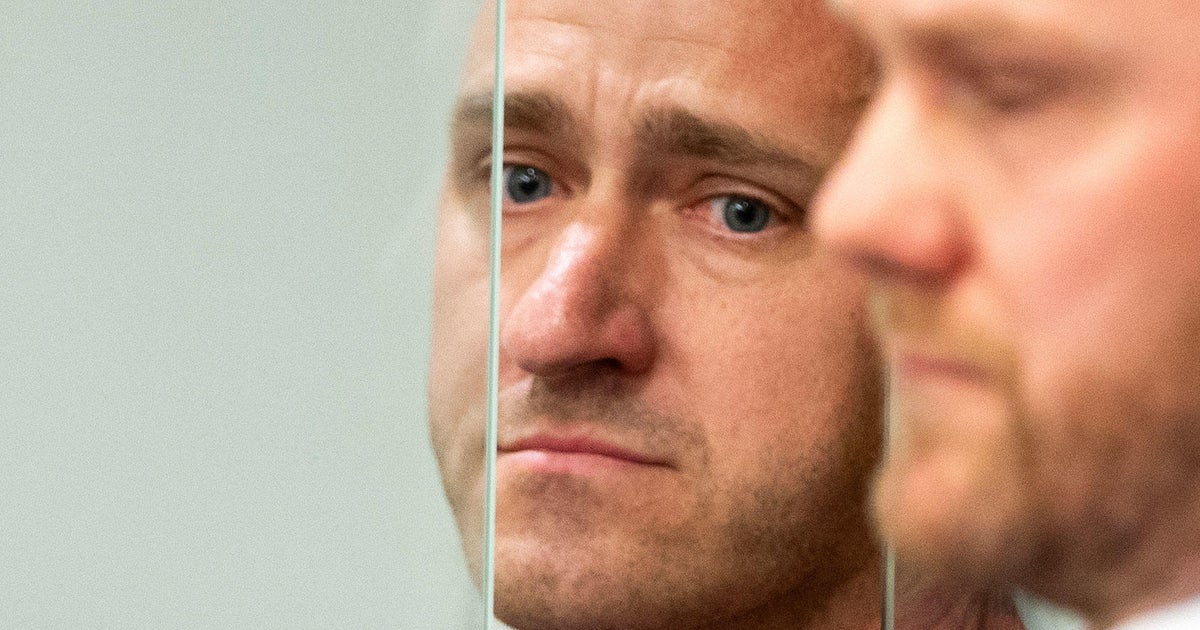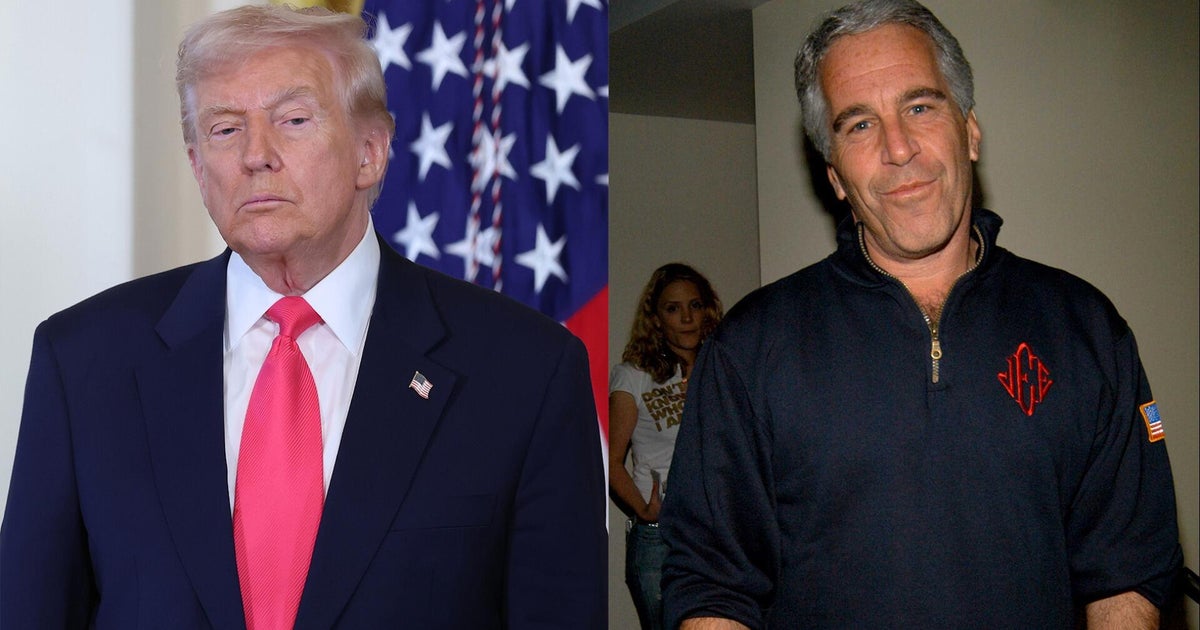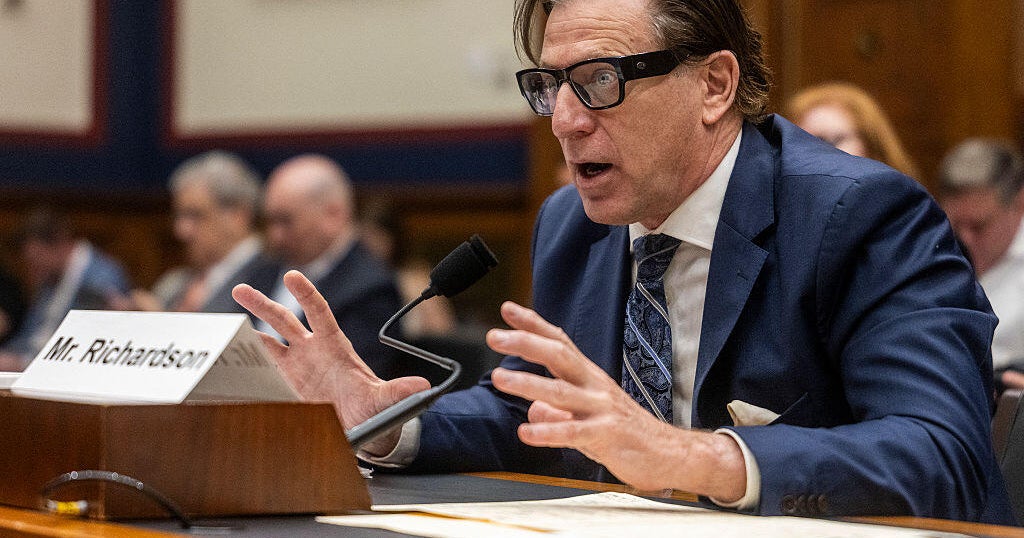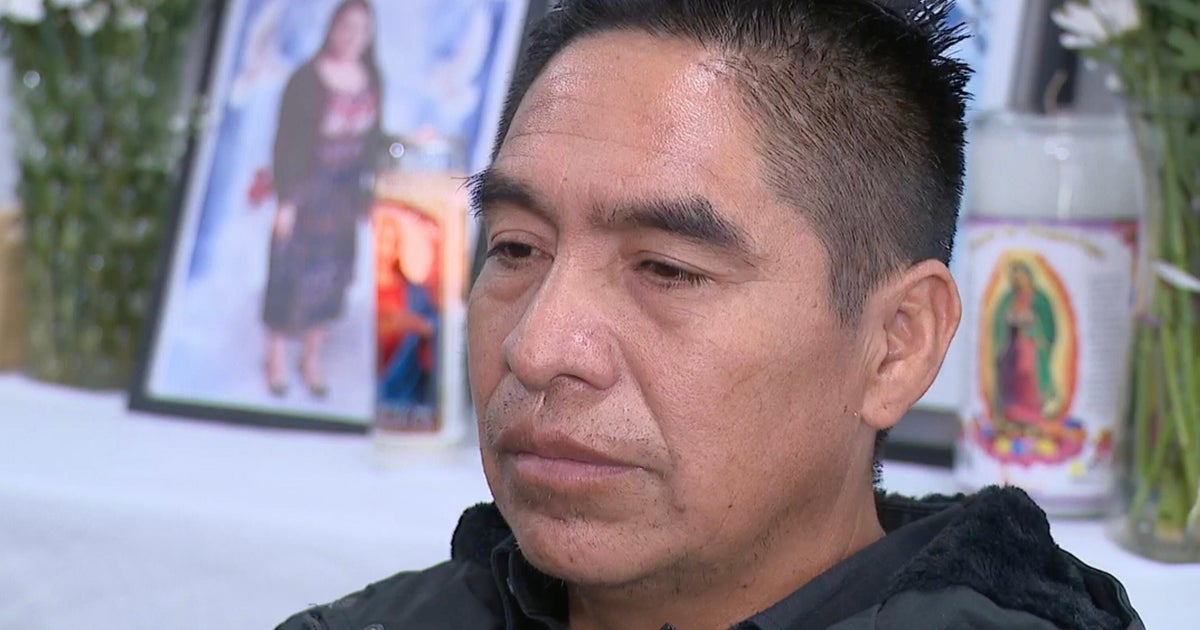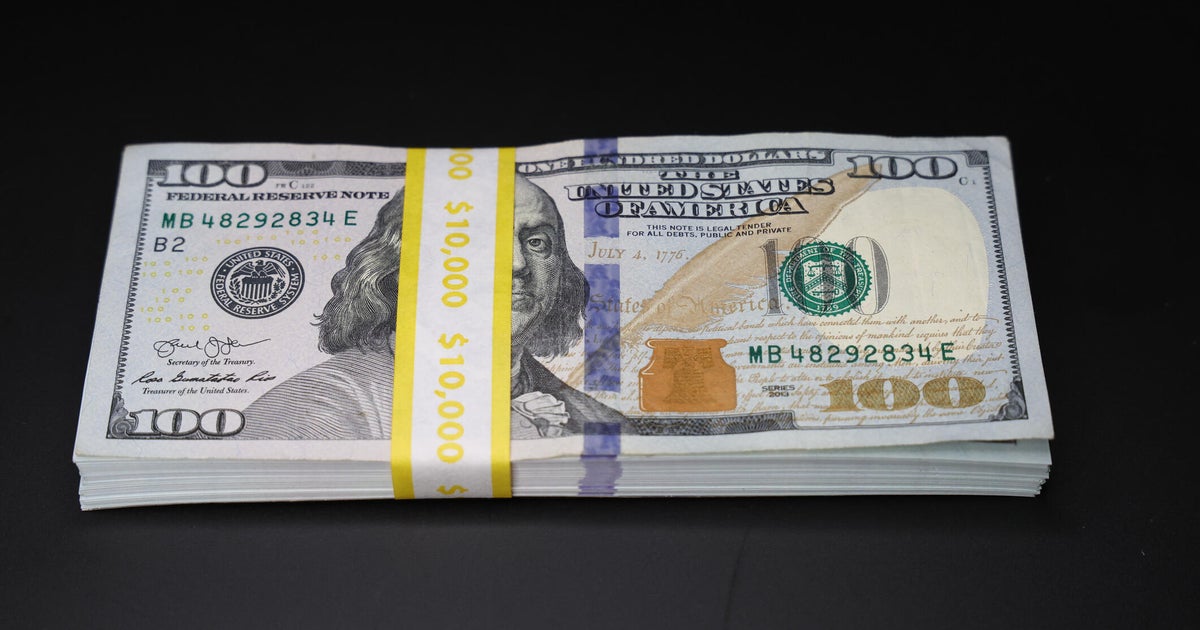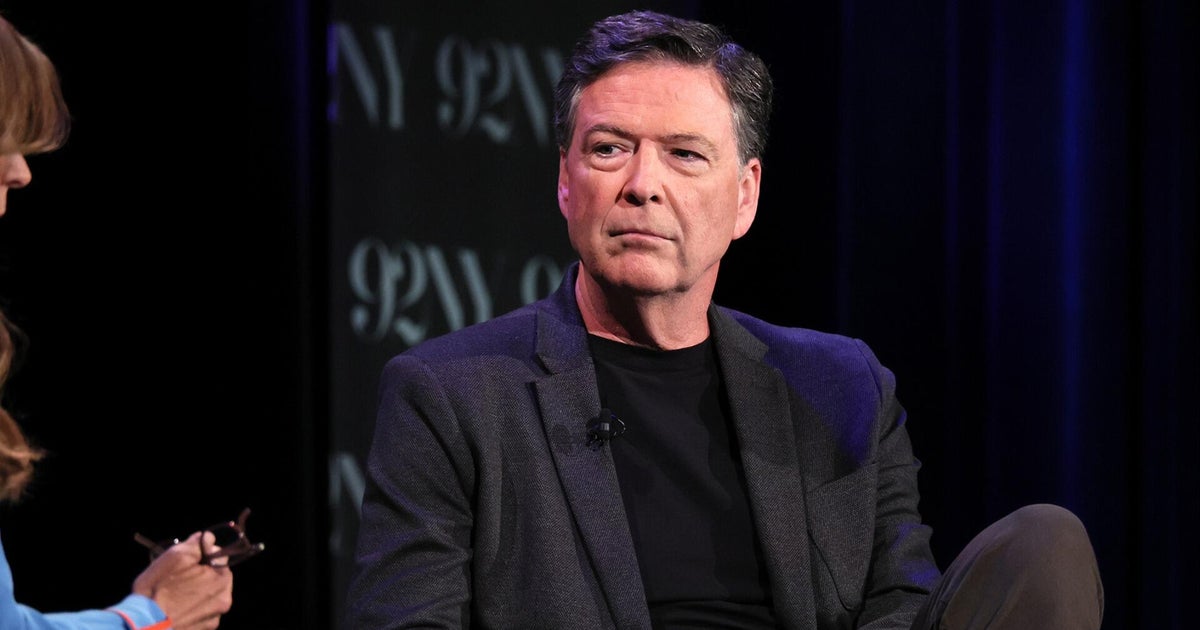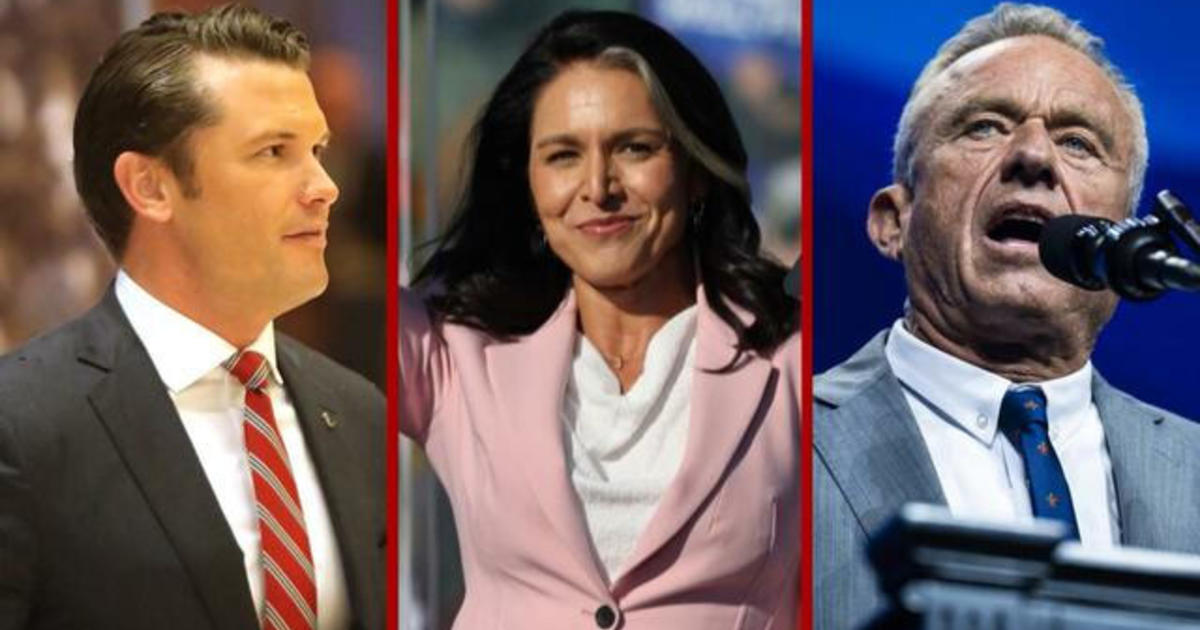Bernd Debusmann Jrat the White House

 Getty Images
Getty Images
Lawmakers are facing mounting calls to push for the full release of the documents
US President Donald Trump has urged Republicans in Congress to vote to release more files relating to Jeffrey Epstein - a sudden reversal in his position after having previously opposed efforts to make the documents public.
Trump had been facing a potential revolt this week after a growing number of Republicans signalled they would vote in favour of releasing the files despite his opposition.
While the measure is likely to pass in the House of Representatives, it is far from certain that it would pass in the Republican-controlled Senate.
And even if it does pass in the Senate, it remains unclear when the files could be released and whether they would satisfy ardent campaigners.
On Tuesday, the House of Representatives is expected to vote on a measure that would compel the justice department to make publicly available "in a searchable and downloadable format" all files pertaining to Epstein within 30 days.
The exact timing of the vote is unclear.
The releases could, in theory, also include files pertaining to imprisoned Epstein co-conspirator Ghislaine Maxwell, as well as people - including government officials - mentioned in the case. It could also include internal justice department documents.
The vote will come just two days after Trump wrote on Truth Social to encourage Republicans to vote for the measure. In the post, he argued that "we have nothing to hide".
The measure is likely to pass. Even before Trump's post, some House Republicans had made clear they were willing to break ranks with the president and House Speaker Mike Johnson to vote in favour.
Should it pass, it still faces an uncertain future in the Senate, which is under no obligation to even pick up the measure.
It remains unclear whether Senate Majority Leader John Thune will do so - but the Republican is under enormous pressure from both sides of the US political spectrum.
He had previously suggested that while he was "not hearing" much desire from fellow Republicans to push for the release of the documents, a successful House vote could change that.
"I just hope John Thune will do the right thing," Kentucky Republican Representative Thomas Massie told ABC News over the weekend.
Another Republican, Senate Majority Whip John Barrasso, only told NBC's "Meet the Press" that the Senate will "take a look" at the bill if it passes the House.
"We'll see what it says," Barrasso said. "We all want accountability and transparency. But to me, this it not about the truth. It's not about justice."
"This is about an attempt by the Democrats to make President Trump a lame-duck president," he added. "And I'm not going to aid and abet them in their efforts to do that."
Only after the Senate passes the bill would it head to President Trump's desk to be signed.
There are, however, obstacles to the files being released even if he does so.
The text of the document that will go before the House, for example, notes that the Attorney General could withhold or redact portions of records that contain personal information that "would constitute a clearly unwarranted invasion of personal privacy".
"Simply letting anything out could reveal a lot of private information that's not relevant or appropriate for public consumption," Jonathan Entin, a constitutional law professor at Case Western Reserve University in Ohio, told the BBC.
"There may also be some issues about law enforcement techniques that the justice department might not want to be out there in the public domain," he added.
Watch: How much do Americans care about the Epstein story?
The proposed House bill also notes that the justice department can hold back any documents that "jeapordise an active federal investigation or ongoing prosecution, provided that such withholding is narrowly tailored and temporary".
That could potentially lead to delays, given that President Trump said in his post that he would be calling for an investigation into Epstein's alleged links with prominent Democrats, such as Bill Clinton and Larry Summers "to determine what was going on with them, and him".
"That's a potential hurdle," Prof Entin said. "If, in fact, this is a serious investigation, presumably the prosecutors will not want everything out there while they're sorting out whether they bring charges."
Doing so, he added, "might create some prejudicial publicity about targets of the investigation" that could ultimately lead to intense litigation if any indictments are brought.
For those who have campaigned for the release of the files, anything short of full disclosure is likely to spark further questions and even outrage.
"I believe the country deserves transparency in these files," Marjorie Taylor Greene, a Georgia Republican now in a public row with Trump over the files, told CNN on Sunday.
"I have no idea what's in the files. I can't even guess," Greene added. "But that is the question everyone is asking is - why fight this so hard?"

 3 hours ago
3
3 hours ago
3






